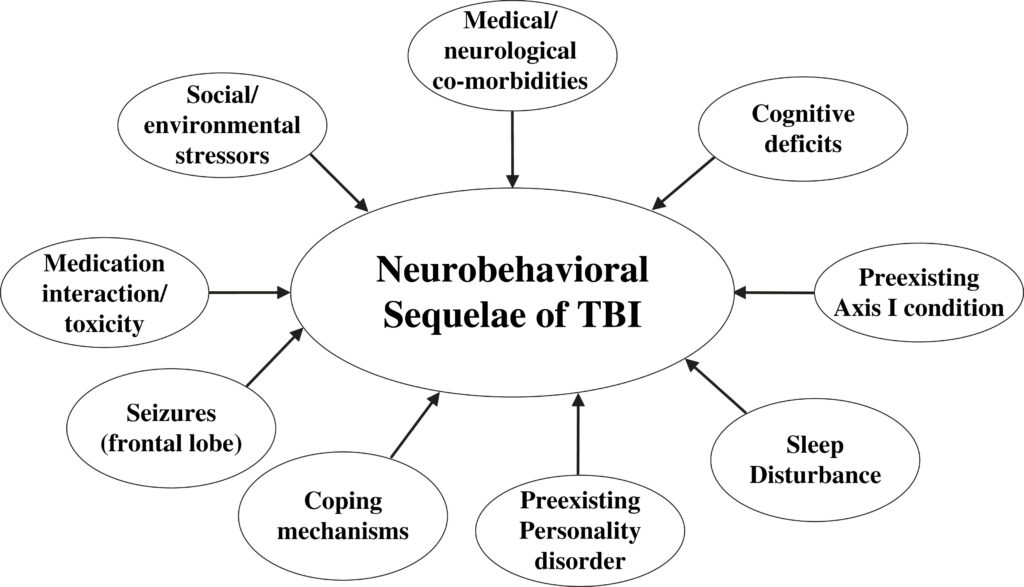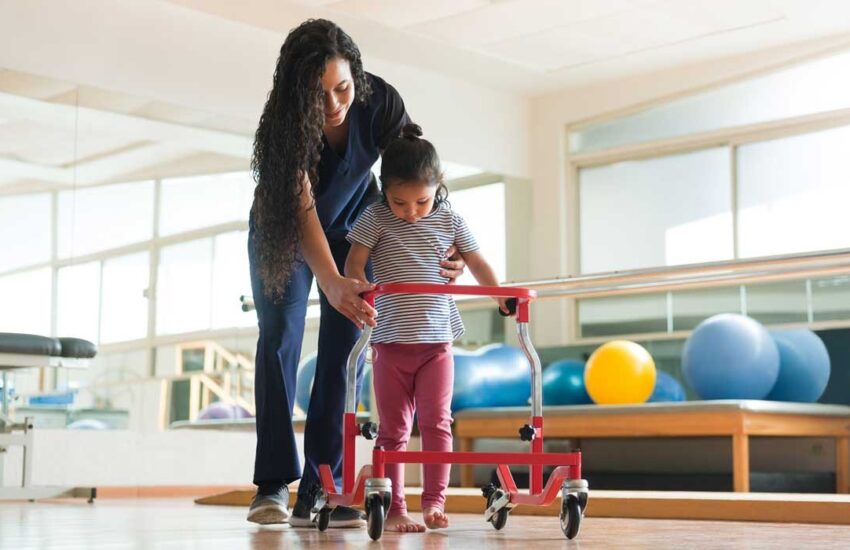Counselling After A Brain Injury: Psychiatric Care And Social Support
Brain injuries can range from minor to strikingly life-changing in nature. Acquired or traumatic brain injuries can be particularly jarring given the abrupt nature and the profundity of the potential impacts on one’s physical, psychological and societal well-being. In addition, the range and severity of these effects depend on the type and extent of the underlying brain pathology. Although the clinical presentations and symptoms may vary across the patient population, the first step in reintegrating back into society is learning to cope with the after effects. In this post, we will briefly discuss the role for counselling following brain injury.

Counselling After A Brain Injury
Following brain injury, there is an abrupt change to a person’s well-being which can invariably impact all dimensions of life, from self-care to interaction with family, friends, and society. This is a crucial time to be open to receiving support. The role of support is to strengthen the individual and appropriately guide them back to a sense of control, agency, and ability. The figure below showcases the different after-effects of brain injury and how these can span a variety of categories.

From anecdotal evidence among young traumatic brain injury survivors, early external support from an appropriate professional can provide a sense of relief and guidance on the road to recovery and regaining independence and a new baseline. In this regard, a brain injury survivor’s family and key friends or supporters can also benefit from professional guidance and a therapeutic alliance so as to best collaborate towards their loved ones’ survivorship journey.
What is the evidence?
A Cochrane systematic review on the effects of multidisciplinary rehabilitation in patients aged 16-65 years following acquired brain injury demonstrated that for persons who have suffered a mild brain injury, the provision of clear, actionable information itself without significant additional intervention has strong evidence to support good recovery. For those with moderate to severe injury, there is strong evidence to support the benefit from formal intervention and some evidence to support early introduction of intervention early after injury results in better outcomes.
What types of counselling are there following brain injury?
There are several different kinds of support and counselling available. Interdisciplinary collaboration results in a synergistic effort to help brain injury survivors receive coordinated care on a personalized level. In Canada, one of the most useful compilations of available types of counselling can be found on Brain Injury Canada’s website.

Next Steps
If you or a loved one is seeking help to access the right support for counselling following brain injury in Canada, here is an excellent resource as a first step. Kindly see the bottom of the webpage for a list of resources by province.


